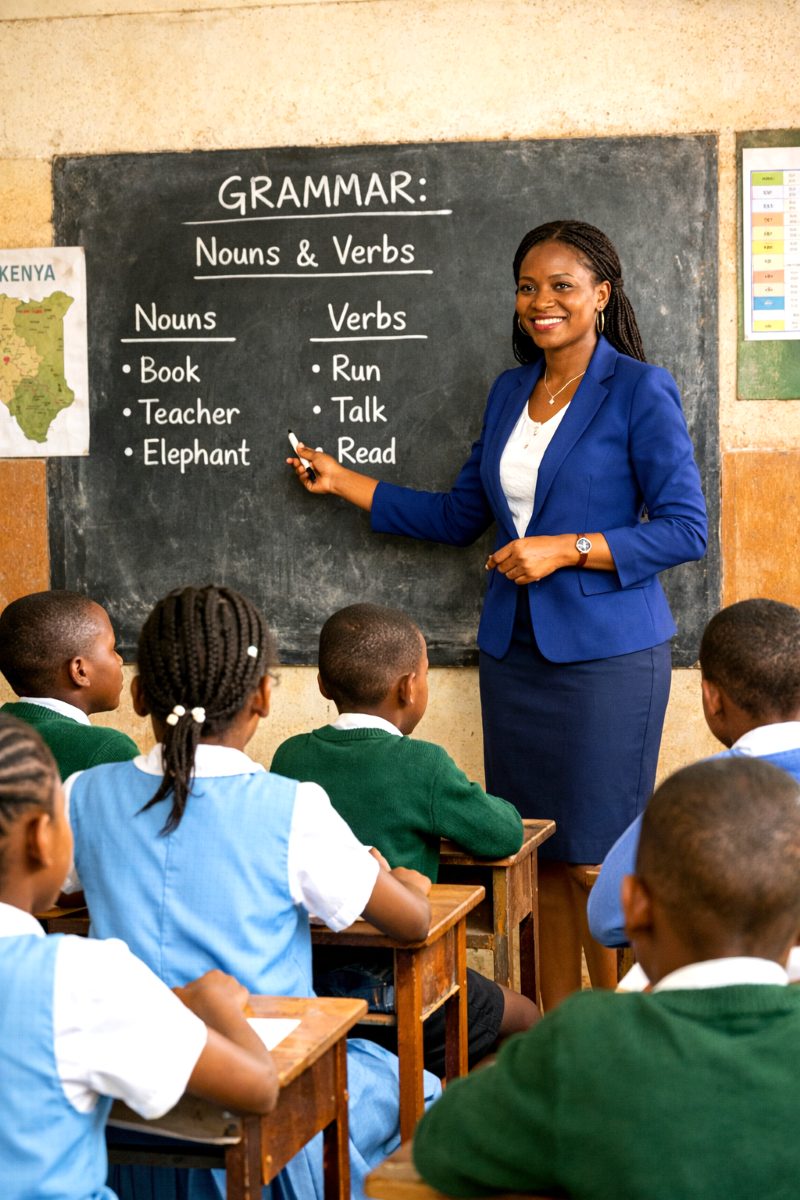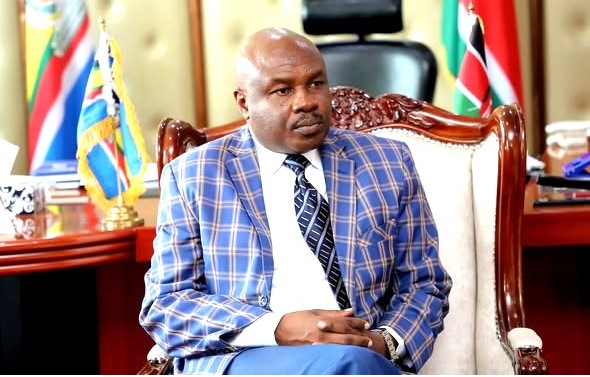High school strikes are man-made crises. They are just a symposium of bad leadership. They can be avoided.
Like many other student riots that have dotted the educational landscape of this country, the rampage at Litein Boys was not an inevitable occurrence. It could have been avoided had all the parties concerned played their roles with foresight, prudence, and responsibility. Student unrest does not emerge overnight like an unexpected storm; it is often a slow boil of frustrations, unmet needs, miscommunication, and a lack of listening ears. When the day of destruction arrives, it only manifests the negligence and cracks that had long been ignored. The truth is that the Litein Boys unrest, like many others before it, was preventable if the adults in charge and the learners themselves had embraced dialogue, discipline, and mutual respect.
At the heart of student riots lies a failure in communication. Young people have voices, and those voices often seek an audience. When they feel unheard or dismissed, they resort to more radical means of expressing themselves. In schools, grievances may range from poor diet, harsh punishments, congested dormitories, limited learning resources, to strained relationships with administrators. Sometimes these complaints are genuine, while at other times they are exaggerated or even manipulated by a few troublemakers. What matters is not so much the weight of the complaints but how the administration chooses to handle them. At Litein Boys, as in many other institutions, the leadership may have initially brushed aside the murmurs of discontent until they escalated into a storm. A simple forum for dialogue, such as student barazas or class representatives openly engaging with teachers, could have created a bridge of understanding before matters escal.
The role of teachers and school managers is not simply to enforce rules but to nurture responsible citizens. When the focus is only on punishment and authority, the learners begin to feel like prisoners rather than stakeholders in their own education. That feeling of alienation breeds resentment. A student who feels valued and heard is less likely to burn a dormitory or break a window in anger. The rampage at Litein Boys reveals that somewhere along the line, trust between learners and the administration broke down. Had there been an environment of open communication, grievances would have been raised, solutions sought, and calm maintained.
Parents, too, cannot be left out when discussing preventable riots. Often, families delegate the entire burden of discipline and moral formation to schools, forgetting that schools are merely an extension of the values nurtured at home. A boy who has grown up with respect for dialogue and authority will not be the first to light a matchstick in protest. On the contrary, he will seek a peaceful resolution. When homes fail to inculcate these values, schools are left grappling with young people who believe violence is the only language of power. If the parents of the Litein Boys had been more actively involved in their sons’ welfare through consistent visits, constructive feedback, and cooperation with teachers, the crisis could have been forestalled.
The wider society also plays a role in shaping the mindset of learners. Today, young people are exposed to a culture of instant gratification, aggressive politics and even violent protests in the national scene. They internalise the belief that destruction is the quickest way to be noticed. The Litein Boys incident, therefore, is not just a reflection of a school’s internal shortcomings but also of the societal messages surrounding the learners. When they see adults settling disputes through violence, they often follow the same script. To prevent school unrest, society must model restraint, tolerance, and dialogue in its political, religious and social life.
READ ALSO:
We need men, not machismo: Rescuing manhood from toxic masculinity
It is also crucial to acknowledge that discipline systems in schools sometimes contribute to riots. Harsh punishments, corporal excesses, or dictatorial tendencies of certain teachers often push students to the wall. Adolescents are naturally rebellious, testing boundaries as they strive to establish their identity. A heavy-handed administration only fuels that rebellion into flames. A more balanced approach, combining firmness with empathy, yields better results. Where learners feel rules are fair and consistently applied, they comply more willingly. Where they sense bias, cruelty, or humiliation, they rebel. The case of Litein Boys, like countless others, calls for a re-examination of how discipline is administered in schools. Preventive discipline, rooted in guidance and counselling, is more sustainable than punitive discipline rooted in fear.
In retrospect, the rampage was not just a failure of the students; it was a collective failure of multiple stakeholders. The teachers who ignored early warning signs, the parents who distanced themselves from their children’s struggles, the administrators who dismissed grievances, and even the learners who chose destruction over dialogue all played a role. But the most important lesson is that such unrest can be averted. Early intervention, open communication, parental involvement, fair discipline and societal role modelling are effective antidotes.
The financial losses caused by the rampage will be assessed in terms of the number of burnt buildings, destroyed property, and disrupted learning time. But beyond that, there are deeper scars: the mistrust between teachers and learners, the broken dreams of students now suspended or expelled, and the wasted resources of parents who struggle daily to pay school fees. These scars take longer to heal than the reconstruction of a dormitory. It is therefore wiser, cheaper and more humane to prevent riots rather than to repair their damage.
As schools across the country reflect on the tragedy of Litein Boys, they must take it as a wake-up call. Each riot is a reminder that students are not passive recipients of education but active participants whose voices matter. Education thrives in an environment of peace, order, and mutual respect. When that environment is lost, chaos takes over, and the consequences are devastating. Litein Boys did not have to burn, just as other schools did not have to suffer the wrath of riots. But since it happened, the challenge is to ensure lessons are learned and never forgotten.
Riots, in the end, are not natural disasters. They are man-made crises that can be anticipated and prevented. The rampage at Litein Boys should be remembered not merely as a tragedy but as a lesson in dialogue, responsibility, and foresight. If the lesson is taken seriously, the next time grievances arise, students will talk, administrators will listen, parents will engage, and society will model restraint. Then, instead of flames consuming dormitories, conversations will build bridges, and peace will prevail in our schools.
By Ashford Kimani
Ashford teaches English and Literature in Gatundu North Sub-county and serves as Dean of Studies.
You can also follow our social media pages on Twitter: Education News KE and Facebook: Education News Newspaper for timely updates.
>>> Click here to stay up-to-date with trending regional stories
>>> Click here to read more informed opinions on the country’s education landscape






